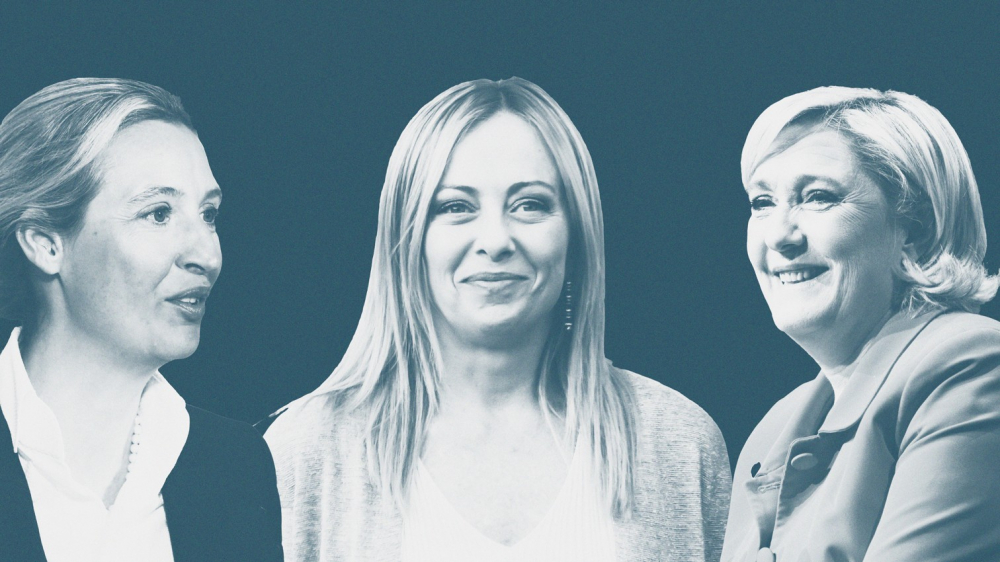Women and Conservatism
- 18:30 - 20:00
- Wednesday 21st May 2025
- EU Thon Hotel, Rue de la loi 75, 1040 Brussels
REGISTER HERE
As populism surges across Europe, conservatives struggle to connect with women—especially the young—as a widening electoral gap emerges between male and female voters. Conservative movements champion traditional values like family and opposition to abortion, but often fail to explain how these translate into practical support for women balancing careers, motherhood, and economic pressures.
In Poland, Law and Justice’s 2020 abortion crackdown triggered mass protests and arguably contributed to its 2023 electoral loss. Is there an inherent tension between traditionalist abortion views and modern female realities? Hungary's Fidesz has tried pro-natalist incentives to promote motherhood, but given women's struggles in career-building and public life, is the issue deeper than money?
Female leadership does exist—Marine Le Pen in France, Alice Weidel in Germany—but these figures remain exceptions. Which parties or leaders truly understand the trade-offs and complexity of modern female experience? Many conservatives still idealise a past of narrower roles for women and mock the notion of “having it all.” There’s also the persistent image of conservative circles tolerating boorishness, domestic abuse, and sexual misconduct.
The challenge is urgent among youth. Some fret that young right-leaning men are descending into Andrew Tate-style posturing, opening up a voting gap between them and their female peers. Indeed only 19% of European women aged 15–24 identify with conservatism, per a 2022 Eurobarometer. That should be a wake-up call. Meanwhile, the mental health crisis among young women reveals the modern world isn’t working. Conservatives should have answers—yet too often treat women as problems to be managed, not as part of the solution.
The stakes are high. As populism reshapes Europe, the continent sits between renewal and decay. Can conservatives offer a vision that marries tradition and freedom—security without suffocation, purpose without prescription? One glaring failure is migration. Widespread abuse, often by migrants, has made European women less safe—yet too few dare speak of it. What does it mean to be a conservative woman today? What does conservatism offer her—and why aren’t more convinced?
Speakers include:
Aleksandra Rybińska, journalist, political scientist, commentator; WSieci (Polish Conservative weekly)
Alice Cordier, president and co-founder, Collectif Némésis

